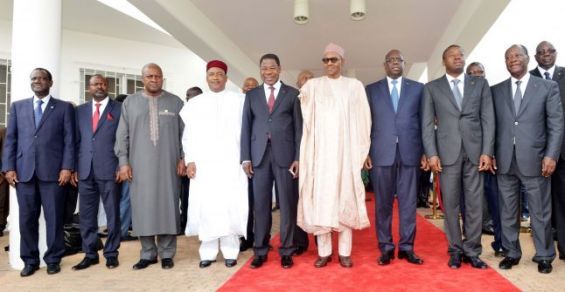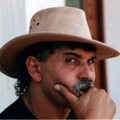On the 27th of January in Addis Ababa, an extraordinary ECOWAS meeting was held and attended by heads of states. Morocco’s bid to join the pan-African organization, however, was not part of the final communiqué issued by the end of this summit.
In fact the heads of state had other issues to focus on. They noted that «the considerable difficulty in allocating statutory positions to Member States, in particular with respect to a 9-member Commission».
Apart from that, the communiqué published on the organization’s website did not mention the holding of any meeting in the upcoming days to discuss Morocco’s membership. However, the document revealed that «the Presidential Task Force» on the single currency is to be held on the 21st of February in Accra, Republic of Ghana. The committee is composed, as indicated, of the Ivorian, Nigerian, and Ghanaian presidents.
Moroccan businessmen to reassure their West African counterparts
A month and a half after the Abuja summit, one must question the destiny of the Kingdom’s membership. «A presidential committee has been set up, and it is composed of Heads of State of Guinea, Cote d’Ivoire, Nigeria and Togo who will examine both Morocco’s bid, the partnership agreement with Mauritania and Tunisia's demand», said a well-informed source from the Ministry Foreign Affairs and International Cooperation.
«Currently, the diplomatic phase has ended. It is now up to Moroccan economic decision-makers to take the lead and meet their West African counterparts», the same source added.
«This step aims at easing the fears of the business community there and reassure them», said our source. Relying on businessmen to defend the Moroccan bid is the only option that would stop some of the countries in the region which are against this membership. Nigeria, for the record, was the first country to express its disagreement and the trend was later noticed in Senegal and Guinea.
This strong opposition has, in some ways, forced presidents to take time before taking their decision. «Some members felt that the impact study was carried out carelessly by the ECOWAS chairmanship commission», concluded the same source.




 chargement...
chargement...












